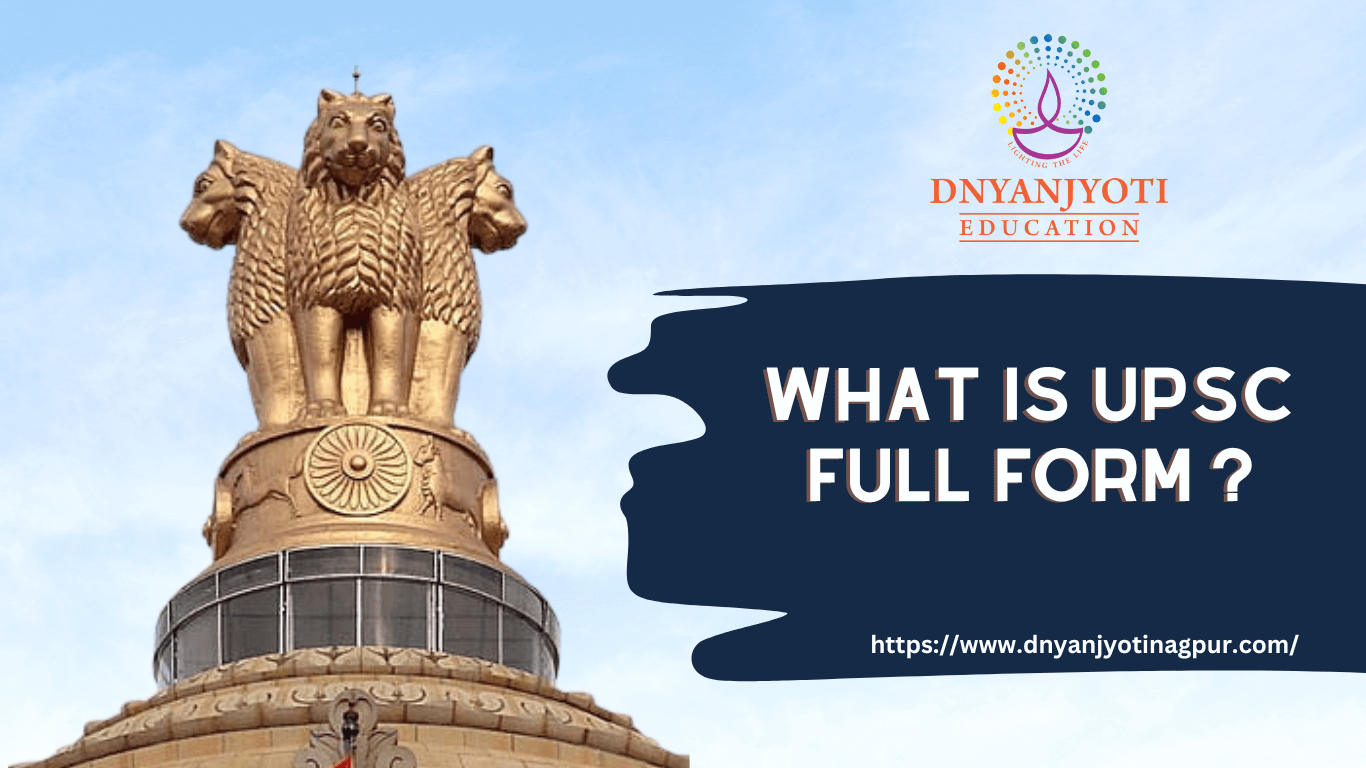Table of Contents
ToggleIntroduction
UPSC is the abbreviation for Union Public Service Commission. It is a prestigious and major exam conducting authority in India that conducts various examinations to recruit eligible candidates for the Indian Government. The Civil Services Examination, also known as the IAS examination, is one of the most challenging exams in the country, and it is conducted in two phases – the preliminary examination and the mains exam. The UPSC is responsible for conducting various examinations for posts like IAS, IFS, IPS, and more. It was established in 1926 under the chairmanship of Sir Ross Barker, and its primary function is to conduct examinations for appointments to the services of the union. Other functions include developing various recruiting schemes and consulting on matters relating to recruitment, appointment, pension claim, promotion or transfer, disciplinary cases, or other matters given to them. The UPSC conducts various exams, such as the Indian Statistical Service Examination, Indian Forest Service Examination, Indian Civil Services Examination, Combined Medical Services Examination, and many more. The eligibility criteria for the UPSC examination include age limit, educational qualifications, and Indian nationality. The UPSC exam pattern includes prelims and mains, and the mains exam has nine papers, including an essay and eight subjects that must be chosen from a list of options.
Union Public Service Commission History:
The Union Public Service Commission (UPSC) is India’s central recruiting agency. It was established on October 1, 1926, as the Public Service Commission, and later renamed as UPSC in 1950, after the adoption of the Constitution of India. The commission is responsible for recruiting candidates for civil services, defence services, and other important government positions.
Functions of UPSC:
The main functions of the UPSC include:
Conducting recruitment examinations for various civil services, defence services, and other government posts.
Advising the government on matters related to recruitment, promotions, and transfers of civil servants.
Conducting disciplinary proceedings against civil servants.
Conducting research on matters related to recruitment and selection of civil servants.
Examinations conducted by UPSC:
The UPSC conducts several examinations for various government services, including:
- Civil Services Examination (CSE)
- Indian Forest Service Examination (IFSE)
- Engineering Services Examination (ESE)
- Combined Medical Services Examination (CMSE)
- National Defence Academy Examination (NDA)
- Naval Academy Examination (NA)
- Combined Defence Services Examination (CDS)
- Central Armed Police Forces Examination (CAPF)
UPSC Eligibility Criteria:
The eligibility criteria for UPSC exams vary depending on the exam. However, in general, candidates must:
- Be an Indian citizen.
- Hold a bachelor’s degree from a recognized university.
- Meet the age criteria specified for the exam.
- Number of Attempts for the UPSC Exam
The number of attempts for UPSC exams also varies depending on the exam. However, in general, the number of attempts is limited to six for the Civil Services Examination (CSE), three for the Indian Forest Service Examination (IFSE), and nine for the Combined Defence Services Examination (CDS). The number of attempts for other exams is generally limited to a maximum of four.
UPSC Exam Pattern:
The exam pattern for UPSC exams varies depending on the exam. However, in general, the exams consist of two or three stages, including a preliminary examination, a main examination, and an interview. The preliminary examination consists of objective-type questions, while the main examination consists of subjective-type questions. The interview is a personality test conducted to assess the candidate’s suitability for the post.
Important Books for the UPSC Preparation:
The preparation for UPSC exams requires a lot of hard work and dedication. Some of the important books that can help candidates in their preparation include:
- NCERT books (for general knowledge and current affairs)
- Indian Polity by M. Laxmikanth
- India’s Struggle for Independence by Bipan Chandra
- Indian Economy by Ramesh Singh
- Environmental Studies: From Crisis to Cure by Rajagopalan
- The Hindu newspaper (for current affairs)
- Yojana and Kurukshetra magazines (for current affairs)
Appendix:
For more information on UPSC exams, including the application process, syllabus, and exam dates, candidates can visit the official UPSC website.
Appointment and Tenure of UPSC Members:
The UPSC members are appointed by the President of India, and their tenure is for a maximum of six years or until they attain the age of 65 years, whichever is earlier. The Chairman and members of the Commission are eligible for reappointment, but they cannot hold office after attaining the age of 68 years.
The appointment of the UPSC members is made through a process of consultation with the Union Public Service Commission. The UPSC submits a list of candidates to the President for appointment, and the President makes the final decision.
The Chairman of the Commission is appointed by the President of India. He or she is usually a retired Civil Servant who has served at the highest levels of the government. The other members of the Commission are appointed by the President of India on the recommendation of a selection committee consisting of the Prime Minister, the Home Minister, and the Leader of the Opposition in the Lok Sabha.
The appointment of UPSC members is made with utmost care and diligence to ensure that the members are independent, impartial, and have the necessary qualifications and experience for the job. Once appointed, the UPSC members are expected to discharge their duties without fear or favour and uphold the integrity and impartiality of the Commission.
Conditions of Reappointment:
A member of the UPSC can be reappointed to the commission for another term or for a period not exceeding five years after the completion of their first term. The conditions of reappointment are similar to those of the first appointment, such as age limits, qualifications, etc.
Removal:
A member of the UPSC can be removed from office only by the President of India on the grounds of misbehaviour or incapacity. The removal process is initiated by a resolution passed by both the houses of Parliament with a special majority. The member in question is given an opportunity to present their case before the Parliament.
Expenses:
The expenses incurred by the UPSC for conducting its various exams and other activities are borne by the Central Government. The commission submits an annual report to the President on its activities, and the report is placed before each house of Parliament. The report includes details of the expenses incurred by the commission during the year.
Conclusion
The Union Public Service Commission (UPSC) is a constitutional body that plays a crucial role in the recruitment and appointment of top-level bureaucrats in India. The commission conducts various exams and interviews to select suitable candidates for different positions in the Indian civil services. With a rich history and a well-defined set of functions, the UPSC has established itself as a credible and reliable institution in India’s administrative setup. Aspirants who wish to join the civil services can benefit from the eligibility criteria, exam pattern, and the list of important books for the UPSC preparation. Overall, the UPSC serves as a gateway to a fulfilling career in public service and contributes to the nation-building process.


